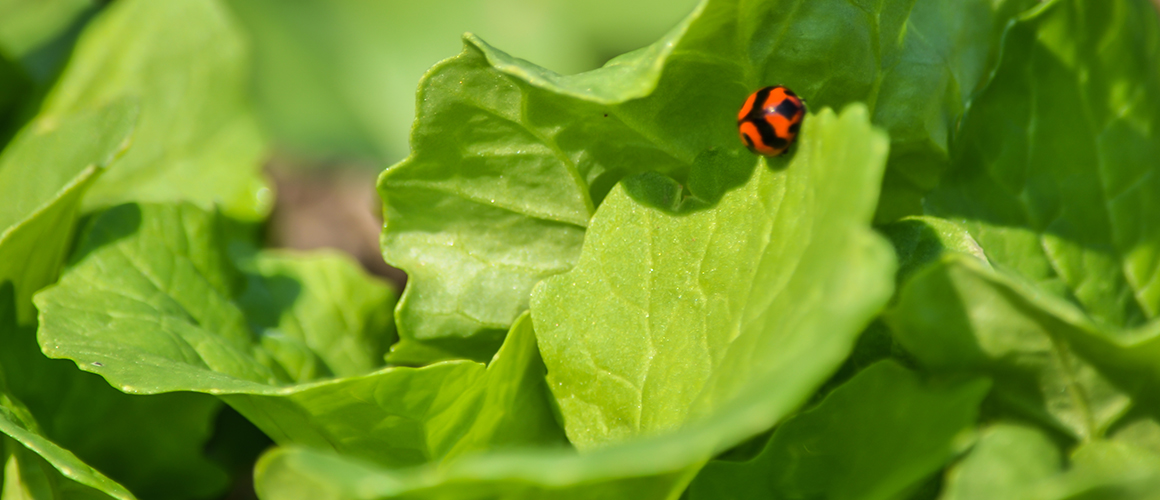Research report explores benefits of IPM for South Australian veg growers
IPM is an approach that integrates all available methods of controlling pests, rather than relying on traditionally-used crop protection measures. IPM is widely recognised as offering many advantages over the conventional pesticide‐based approach, but it is seen as being more complicated and growers need access to experienced IPM advisors in order to make the change to IPM.
Globally, rates of IPM adoption are very low, and at the commencement of the project IPM was not seen as a mainstream control option by South Australian vegetable growers. IPM was not widely practiced, IPM advice and services were not readily available to vegetable growers, and grower and advisor experience and confidence in the approach was very low.
In this project, South Australia was used as a model to demonstrate that it is possible to achieve rapid and widespread adoption of IPM through a participatory approach with local advisors and industry. By demonstrating
successful IPM to local advisors and training them to give sound IPM advice, this project aimed to remove barriers to IPM uptake and make IPM the mainstream method of controlling pests in the South Australian vegetable
industry.
IPM Technologies delivered a training program based on their more than 20 years’ experience working collaboratively with growers and advisors to develop and implement IPM. Initial theory workshops were delivered for each of the companies that provide pest management advice to vegetable growers in South Australia (this included chemical resellers and a producer of biological control agents). Advisors invited grower clients that were interested in trialing IPM to attend the workshops. Participants were guided to develop practical IPM strategies for crops of interest, and at the conclusion of the workshops growers agreed to work with their advisors to trial IPM, with support from IPM Technologies.
This short summary is an excerpt of the project team’s final report. For more information on the results and outcomes of this project, please read the final report on the InfoVeg Database.
This post appeared in the AUSVEG Weekly Update. Subscribe to the Update using our online form to receive the latest industry news in your inbox every week!


